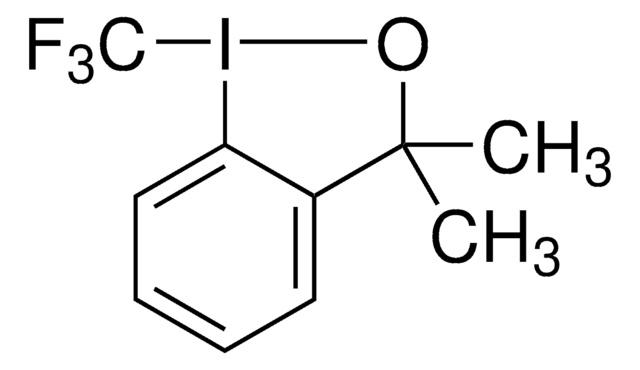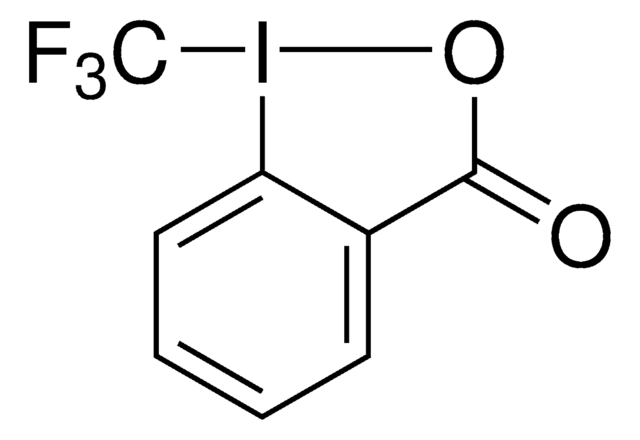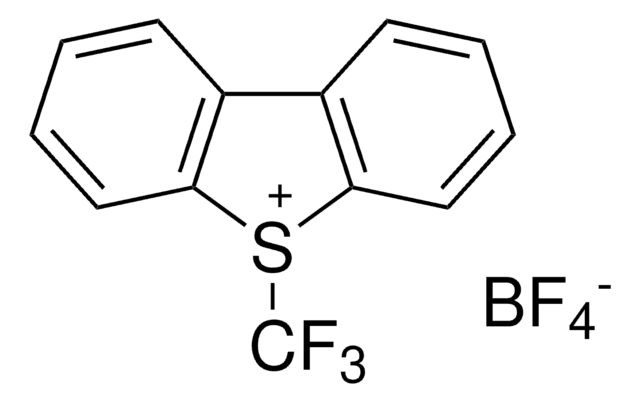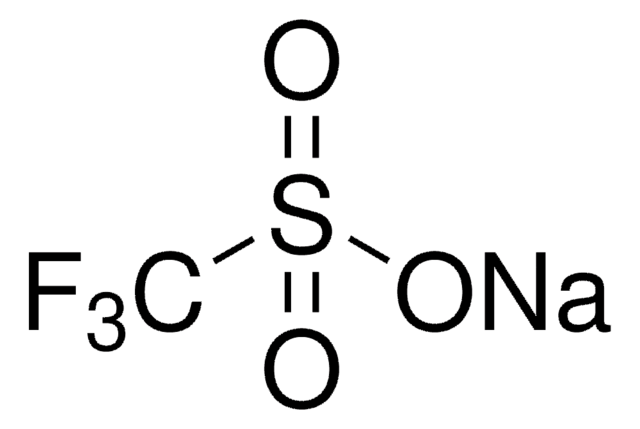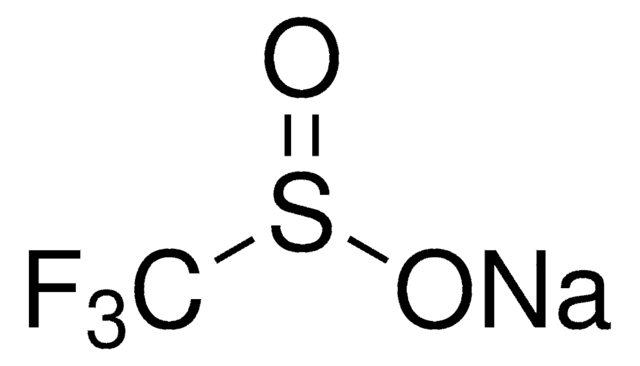697745
Cobalt
Carbon coated magnetic, nanopowder, <50 nm particle size (TEM), ≥99%
Synonyme(s) :
Cobalt element, Cobalt-59
About This Item
Produits recommandés
Matériaux
carbon
Pureté
≥99%
Forme
nanopowder
Composition
Carbon content, <8 wt. %
Magnétisation
>150 emu/g, Mass saturation
Résistivité
6.24 μΩ-cm, 20°C
Superficie
>15 m2/g
Taille des particules
<50 nm (TEM)
Point d'ébullition
2900 °C (lit.)
Densité
8.9 g/mL at 25 °C (lit.)
Application(s)
battery manufacturing
Chaîne SMILES
[Co]
InChI
1S/Co
Clé InChI
GUTLYIVDDKVIGB-UHFFFAOYSA-N
Vous recherchez des produits similaires ? Visite Guide de comparaison des produits
Catégories apparentées
Application
Mention d'avertissement
Danger
Mentions de danger
Classification des risques
Acute Tox. 1 Inhalation - Acute Tox. 4 Oral - Aquatic Acute 1 - Aquatic Chronic 1 - Carc. 1B - Eye Irrit. 2 - Muta. 2 - Repr. 1B - Resp. Sens. 1 - Skin Sens. 1 - STOT RE 2
Code de la classe de stockage
6.1A - Combustible acute toxic Cat. 1 and 2 / very toxic hazardous materials
Classe de danger pour l'eau (WGK)
WGK 3
Point d'éclair (°F)
Not applicable
Point d'éclair (°C)
Not applicable
Équipement de protection individuelle
dust mask type N95 (US), Eyeshields, Faceshields, Gloves
Faites votre choix parmi les versions les plus récentes :
Déjà en possession de ce produit ?
Retrouvez la documentation relative aux produits que vous avez récemment achetés dans la Bibliothèque de documents.
Les clients ont également consulté
Articles
Currently, magnetic nanoparticles (MNPs) are attracting a lot of attention because of the possibility of many novel applications, especially in biomedical research.
Magnetic nanoparticles have attracted tremendous attention due to their novel properties and their potential applications in magnetic recording, magnetic energy storage and biomedicine.
A key challenge for nanomaterial safety assessment is the ability to handle the large number of newly engineered nanomaterials (ENMs), including developing cost-effective methods that can be used for hazard screening.
Magnetic materials permeate numerous daily activities in our lives. They are essential components of a diversity of products including hard drives that reliably store information on our computers, decorative magnets that keep the shopping list attached to the refrigerator door, electric bicycles that speed our commute to work, as well as wind turbines for conversion of wind energy to electrical power.
Notre équipe de scientifiques dispose d'une expérience dans tous les secteurs de la recherche, notamment en sciences de la vie, science des matériaux, synthèse chimique, chromatographie, analyse et dans de nombreux autres domaines..
Contacter notre Service technique